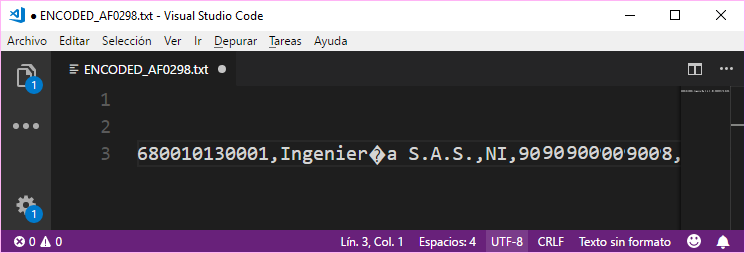
So instead of attempting to spell hamster all at once, they can spell ham and then ster. Syllables: Students that can break words into syllables can separate words they are spelling into parts and write the sounds heard in each part of the word. Rhyming: If a student knows the word land, they can probably spell the word hand by using rhyming skills to help. Once I notice certain trends forming in the way my students spell their words, I can use phonemic awareness to help them learn how to hear what they are missing when they attempt to spell independently. This allows students to become confident writers who aren’t fearful of making a spelling mistake and getting everything right.

Once students acquire the letter/letter sound knowledge needed to begin sounding words out, they can do the best they can to spell a word.

Teaching students that good readers can spell and good spellers can read, really helped them learn to work on both skills simultaneously! What Is Invented Spelling? I made sure my students knew this and encouraged them to use what we learned when our old spelling words came in texts we were reading or new words they were trying to spell. I taught them to apply what they learned as reading and spelling strategies. I didn’t want my kindergarten and first grade students to only memorize the 5 or 10 words assigned for the week, I wanted them to learn the letter-sound relationship I was introducing and carry it with them moving forward. And this was explicitly taught to the kids. When I assigned spelling words to my students, it was always to teach a word family or some kind of phonics rule. Strong spellers and readers also use blends, word families, rhymes, digraphs, diphthongs, and phonics rules (especially irregular spelling patterns) in order to be successful when reading and spelling. Reading and actually seeing words spelled correctly repeatedly is one way that spellers can grow. They pay attention to letter-sound relationships in order to excel in both areas. I have noticed that strong spellers are also strong readers. Some students may become strong spellers despite ineffective teaching methods, but educators can create strong spellers on purpose.

Simply assigning a few random spelling words each week isn’t going to create strong spellers. Decoding and encoding should go hand in hand! Practicing both can strengthen your students’ reading and spelling skills.ĭecoding is the ability to apply our knowledge of letter-sound relationships, including knowledge of letter patterns, to read written wordsĮncoding is the opposite! When we encode, we use individual sounds to spell and write words.


 0 kommentar(er)
0 kommentar(er)
